Why Use Organic Skincare Ingredients?

I get asked all the time by customers why I think they should buy skincare products which contain organic ingredients.
Is it really worth paying 2 or 3 times the price (at least) for such a product?
Plain and simple, my answer is yes. Read on to find out why.
______________________
Skincare products are made from ingredients that are either synthetic, natural, or organic.
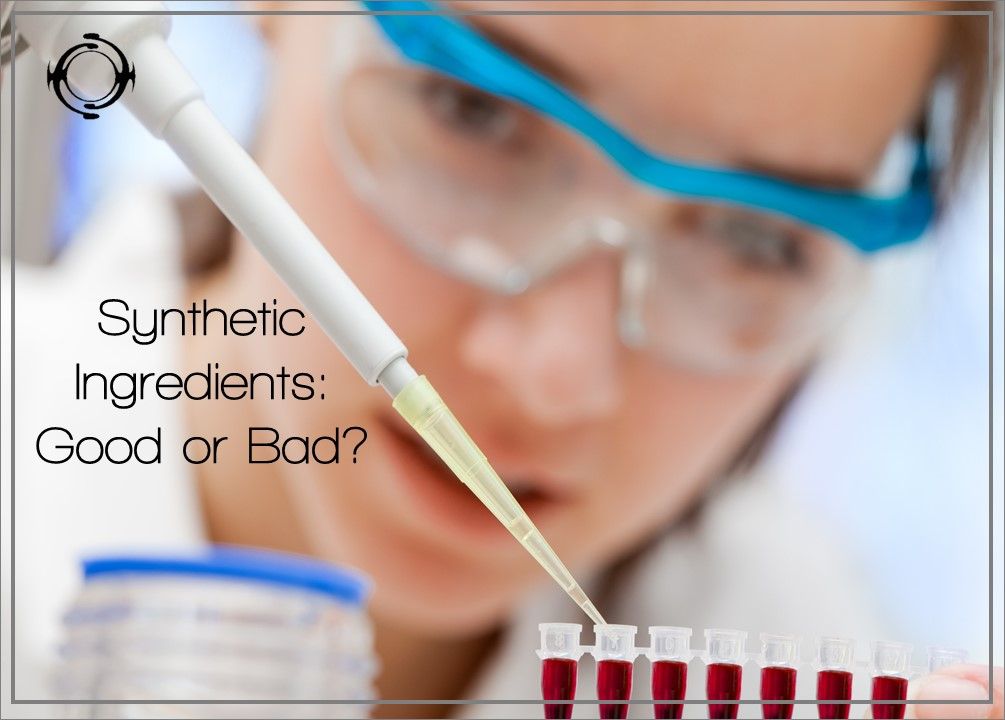
Synthetic Ingredients
A product containing synthetic ingredients is not necessarily a bad skincare product. It will not necessarily damage your skin. Indeed if the right synthetic ingredients are used in the right context and in the right ratio, they may actually help protect your skin.
Synthetic ingredients are ingredients that are made in a lab. They are designed to mimic nature or to perform a task that cannot be safely performed by natural ingredients.
Sometimes nature can be dangerous and some natural ingredients can damage our skin, especially if used in too high a ratio.
If we turn to food products as an example, if we were to ask you to ingest arsenic would you do so? Of course not. It would probably kill you. And, yet, arsenic is natural.
So why not just use skincare products
containing only synthetic ingredients if those ingredients already mimic
nature? After all they are so much cheaper?
Well a skincare product that contains only synthetic ingredients deprives your skin of much of nature’s goodness. It’s a bit like only eating processed foods all the time. A little processed foods won’t hurt you but they won’t keep you healthy either.
Also synthetic ingredients may mimic nature but they may also miss out on the many added benefits a natural ingredient will give you.
And, finally, synthetic ingredients are man-made in a lab. This means that there is a higher likelihood that synthetic ingredients will be tested on animals to ensure their safety.
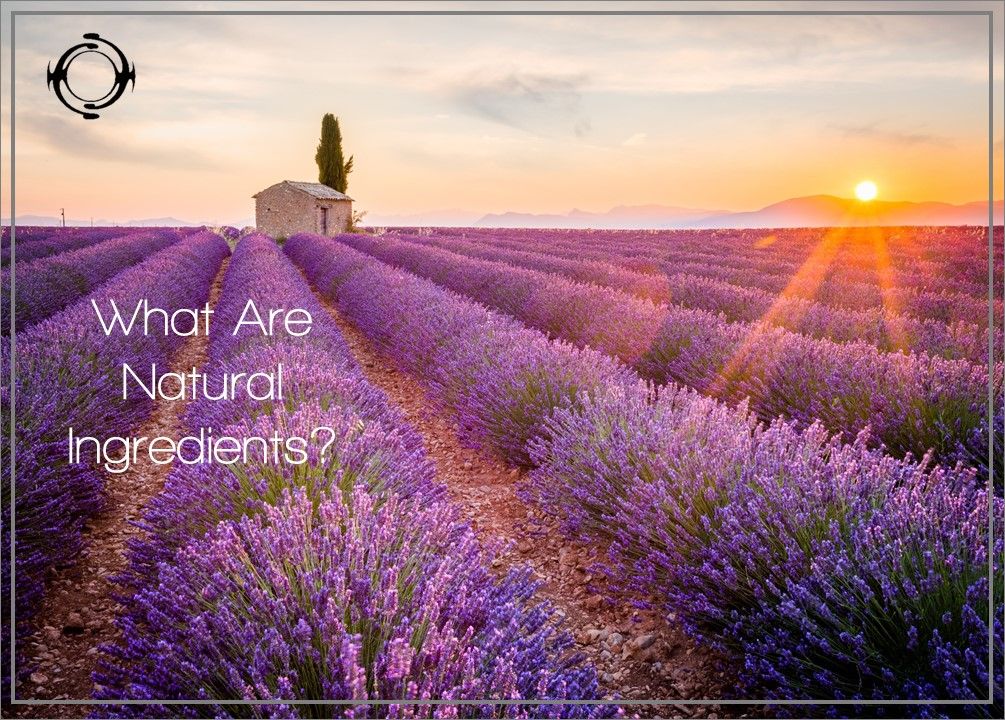
Natural Ingredients
Natural ingredients are ingredients that naturally grow such as plants and minerals, and that are not produced in a lab. So a product which is predominately made up of natural ingredients must be much better than a product predominately made up of synthetic ingredients, right? After all natural is better than non-natural, right?
Well, not always. I read an article by Bloom Organics about natural ingredients wherein the author posed the following:
“If a flower is grown in a field next to a nuclear plant, it’s still natural, but is it full of beneficial compounds that my body can use or full of harmful ones?”
We find that a very interesting question and it certainly does make you stop and think.
Also products which are 100% natural but which also contain water (aqua) or other aqueous liquids as an ingredient are not necessarily 100% safe.
When water is used in a skincare product, that product must contain a preservative. Water provides a medium for harmful bacteria, mould, yeast and fungi to grow over time. If used, a contaminated product could cause severe health problems, blindness and even death. So your product must be adequately preserved to prevent contamination and bacterial growth. Most natural preservatives are not active against the most threatening microbes found in water known as pseudomonads.
Preservatives also act to preserve the vital nutrients in each ingredient. For example, assume you buy some fresh, juicy raspberries. How long would you be willing to wait until you eat your raspberries? Not long, right? Maybe a week, max. Before too long the raspberries will begin to grow fungi and become inedible.
The same
applies to skincare products. If they do not contain a preservative
then their nutritional value will soon begin to decline. And what’s
worse, where the rapsberries will begin to grow visible fungi on them as
a warning: “Don’t eat me”, the bacteria in your skincare product will,
most likely, be invisible to the naked eye. Scary, right?
It is becoming more and more common that manufacturers are turning to essential oils as their preservative in order to maintain a 100% natural status. However for essential oils to be effective preservatives, they need to be used in very high concentrations, which can make them dangerous and toxic. And as mentioned above, most natural preservatives are not active against pseudomonads.
So as you can see skincare products which contain natural ingredients can be good for our skin provided you know that the natural ingredients come from a reliable source. However, 100% natural does not necessarily mean 100% safe. Which would you prefer: natural before safety or safety before natural?
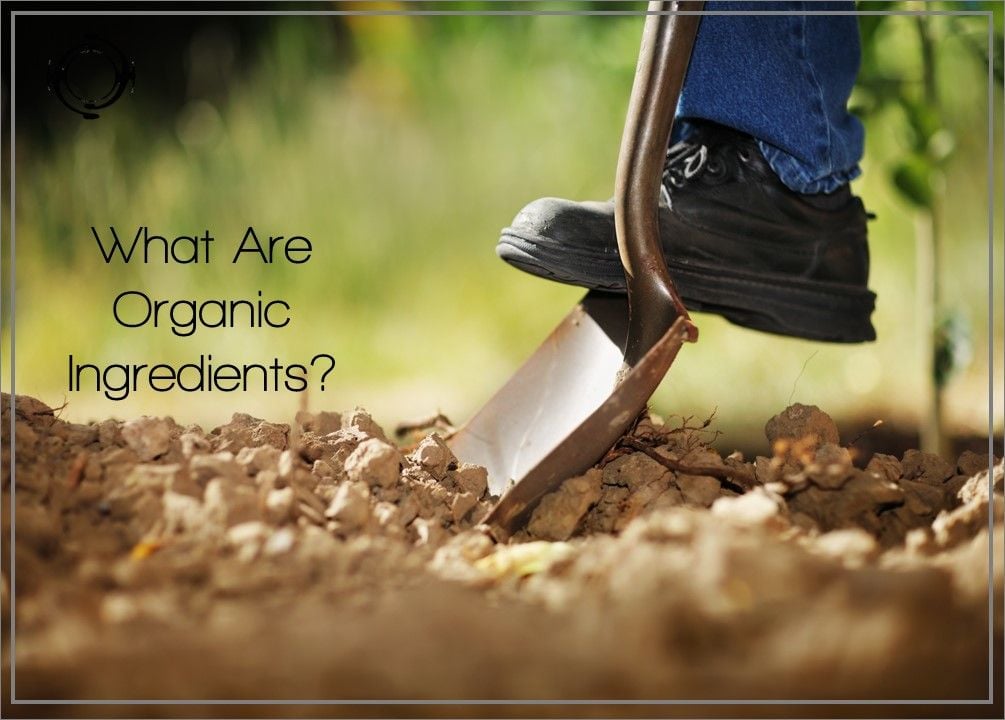
Organic Ingredients
When you buy products which contain organic ingredients you can be sure you are seeing nature at its best and in its most natural form.
When you buy a product that contains organic ingredients you can be sure that the farmer has been requiredto follow strict requirements and has been regulated to ensure he delivers only the highest quality plants that have grown in rich soil and not been treated with pesticides, herbicides, petrochemicals, or been genetically modified.
You can also be sure that the plants used to make the skincare ingredients have not been polluted by air particles from pesticides, herbicides, genetically modified plants or other pollutants from neighbouring farms or factories, as organic farms have to be located within a safe distance from any air or soil pollutants that could contaminate them.
Additionally organic ingredients do not undergo any animal testing (unless it is required by law such as in countries like China) and are only subjected to a minimal amount of processing thus retaining as many natural benefits as possible. In contrast natural ingredients which have been subject to pesticides etc will need to undergo much more rigorous processing to make them safe for your skin; such processing will reduce the natural-occurring benefits of each ingredient.
But organic ingredients are much more than good for your skin. Most of the farmers and companies that grow organic ingredients tend to have a greater respect for nature and this respect for nature and the environment tends to be part of their company's broader philosophy e.g. they may be more conscious of their carbon footprint or may choose to use more environmentally-friendly packaging.
Quite often the price of organic skincare products puts us off and with the buzz around 100% natural products being so prevalent, many people question if they really should pay 2 or 3 times more for organic products. Our emphatic answer would be ‘yes’.
You see there is so much more to growing organic ingredients than meets the eye. Already we have mentioned the stringent requirements with regards quality of soil and non-use of cheap pesticides. That alone makes it much more expensive for a farmer to grow an organic crop. But there are many more factors which make organic farming expensive.
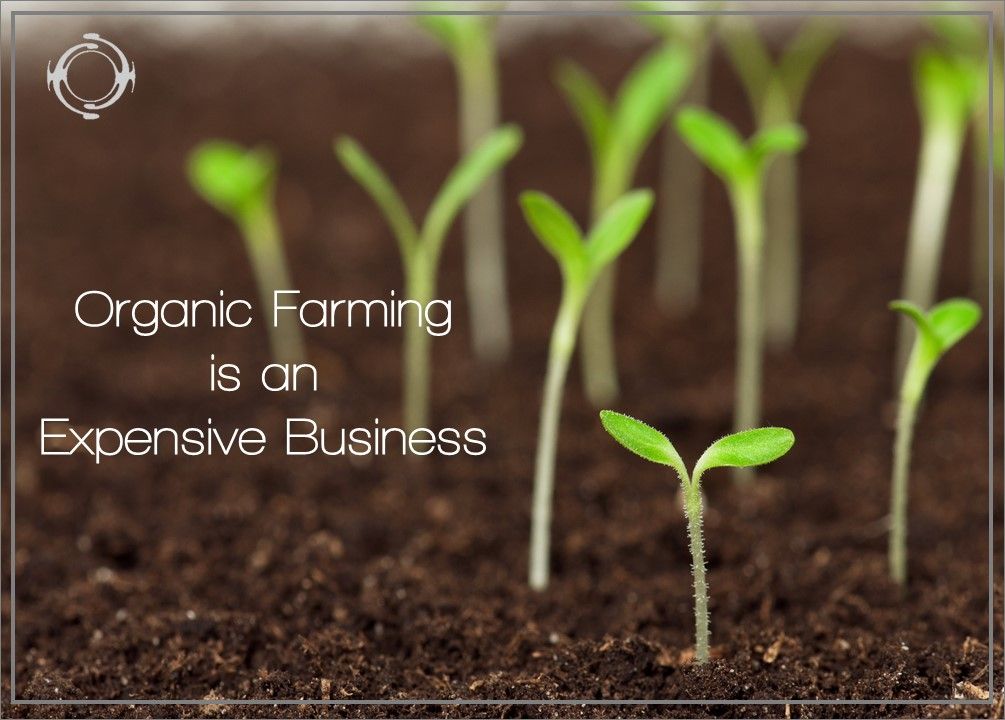
No Chemicals Means More Labour
When a farmer doesn’t use pesticides, he needs to either work harder and longer or employ more staff in order to, for example, control weeds naturally, ensure the ground remains uncontaminated, and process the crop at differing times as it may ripen at different times.
More Expensive Fertilisers and Higher Crop Losses
Because organic farmers cannot use cheap pesticides, they need to use natural fertilisers such as (organic) animal manure or (organic) compost. Such fertilisers are available in smaller quantities, are more expensive per kg, and cost more to ship. Also, because organic farmers cannot use pesticides to ensure their crop grows without attacks from insects etc, there is a much higher likelihood that an organic farmer will lose a crop to disease.
Crop Rotation
Organic farmers need to use sophisticated crop rotation methods to ensure their soil remains healthy and uncontaminated. Such methods mean that a piece of land may not be used one season after the next as over-use could damage the soil. So crop rotation reduces the frequency in which organic farmers can grow profitable crops and it reduces the size of a crop that can be produced on the same size of land as a non-organic farmer. These two factors also lead to increased costs.
Handling Costs
When an organic crop is harvested it must be stored, shipped and processed separately from a non-organic crop to avoid cross-contamination. As there are less organic farmers and the crops they produce are smaller than the crops of non-organic farmers, the costs of shipping etc increase per kg.
Organic Certification
For a farmer to produce organic ingredients, he must first complete a long, intense and complicated certification process. Once he is certified he then needs to pay an annual fee to retain his organic certification.
Organic Crops Grow More Slowly
Organic crops take longer to grow because organic farmers cannot use the chemicals used by other farmers to encourage crop growth spurts. Time is money.
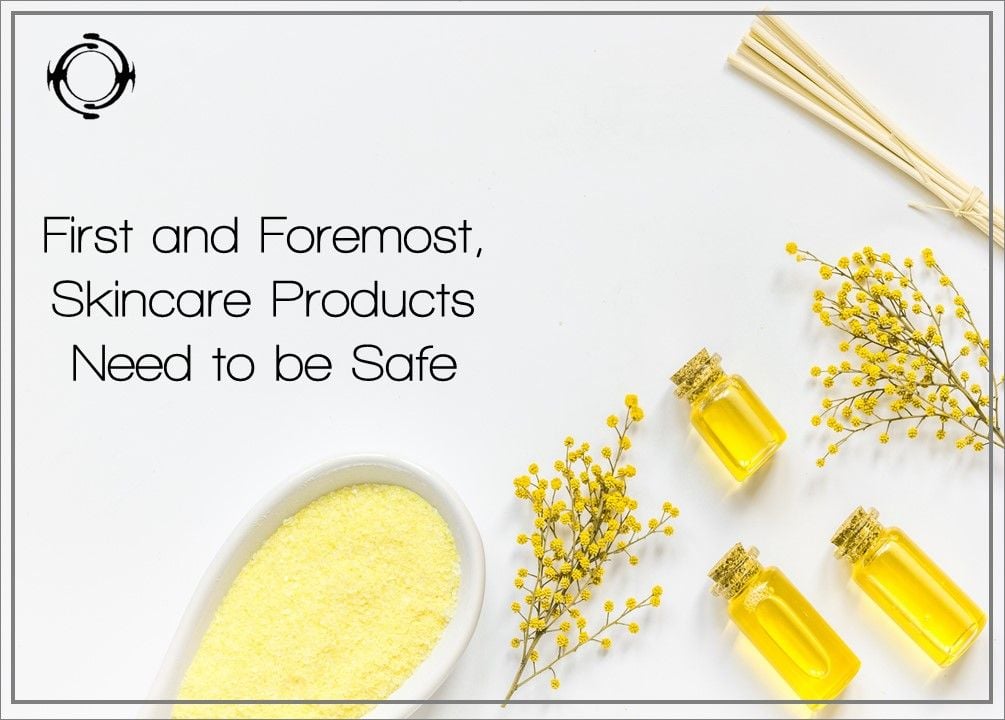
I hope I've helped to uncover the mysteries of synthetic v natural v organic ingredients.
I believe that, where possible, any natural ingredients used in a skincare product should be organic. However, it is not yet possible to get all natural ingredients in an organic form.
Additionally I believe that, first and foremost, skincare products need to be 100%
safe. At times this may mean that they cannot be 100% natural.
